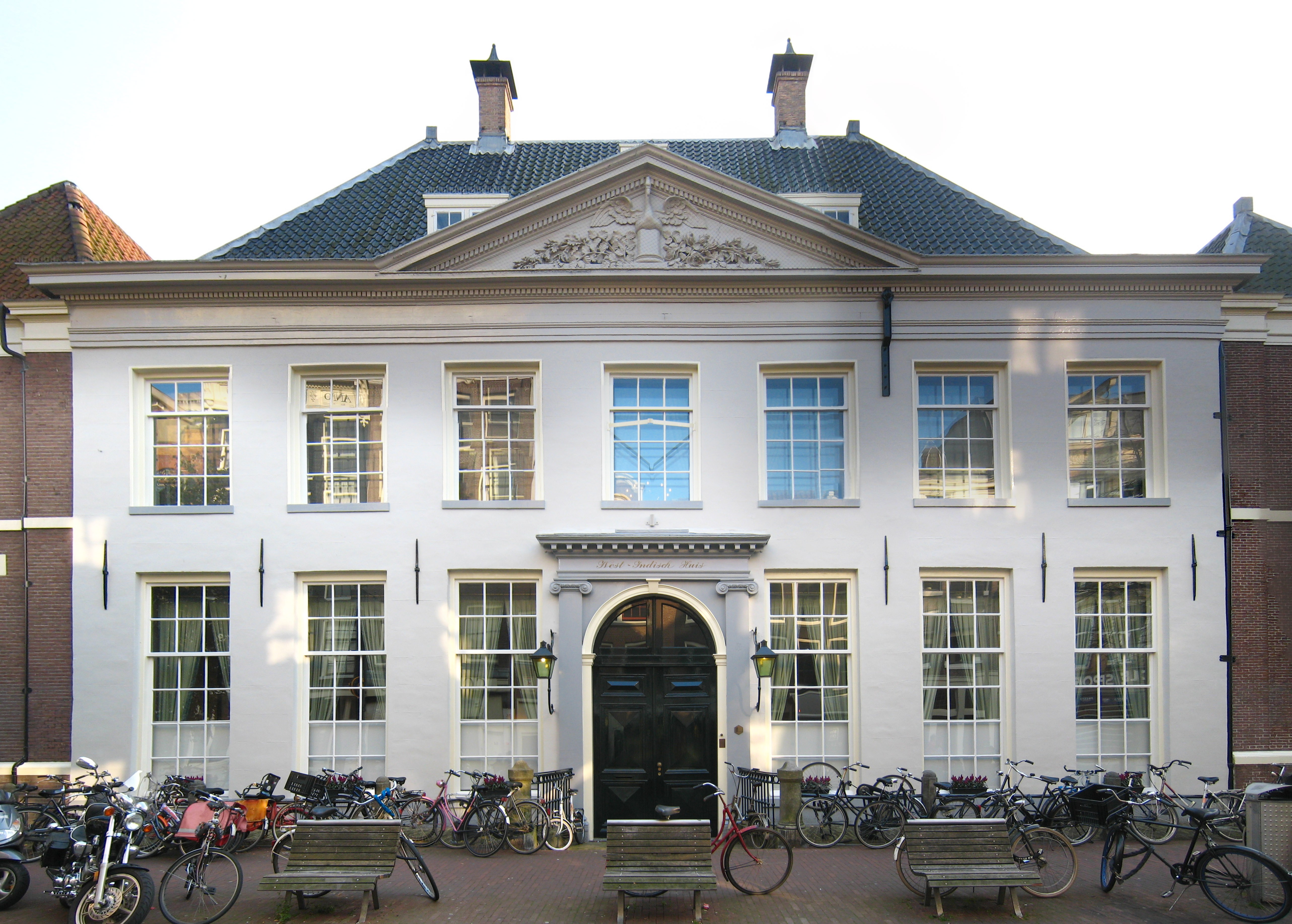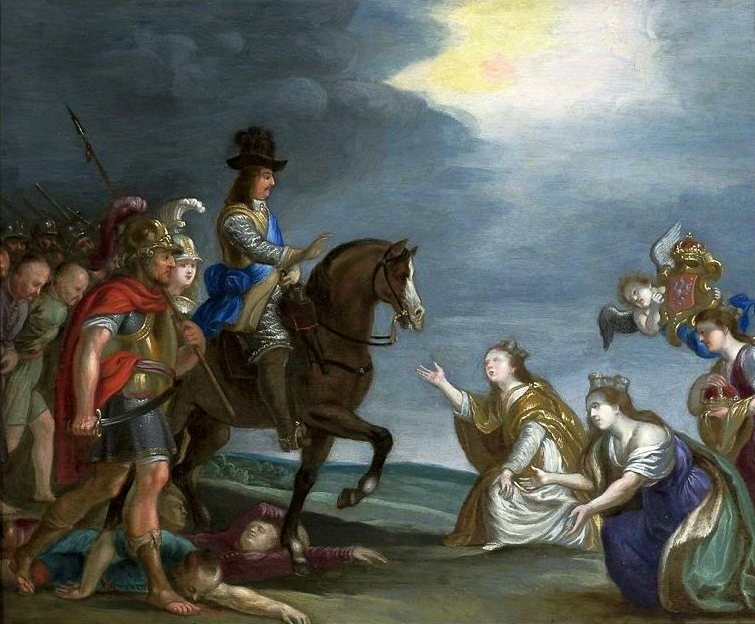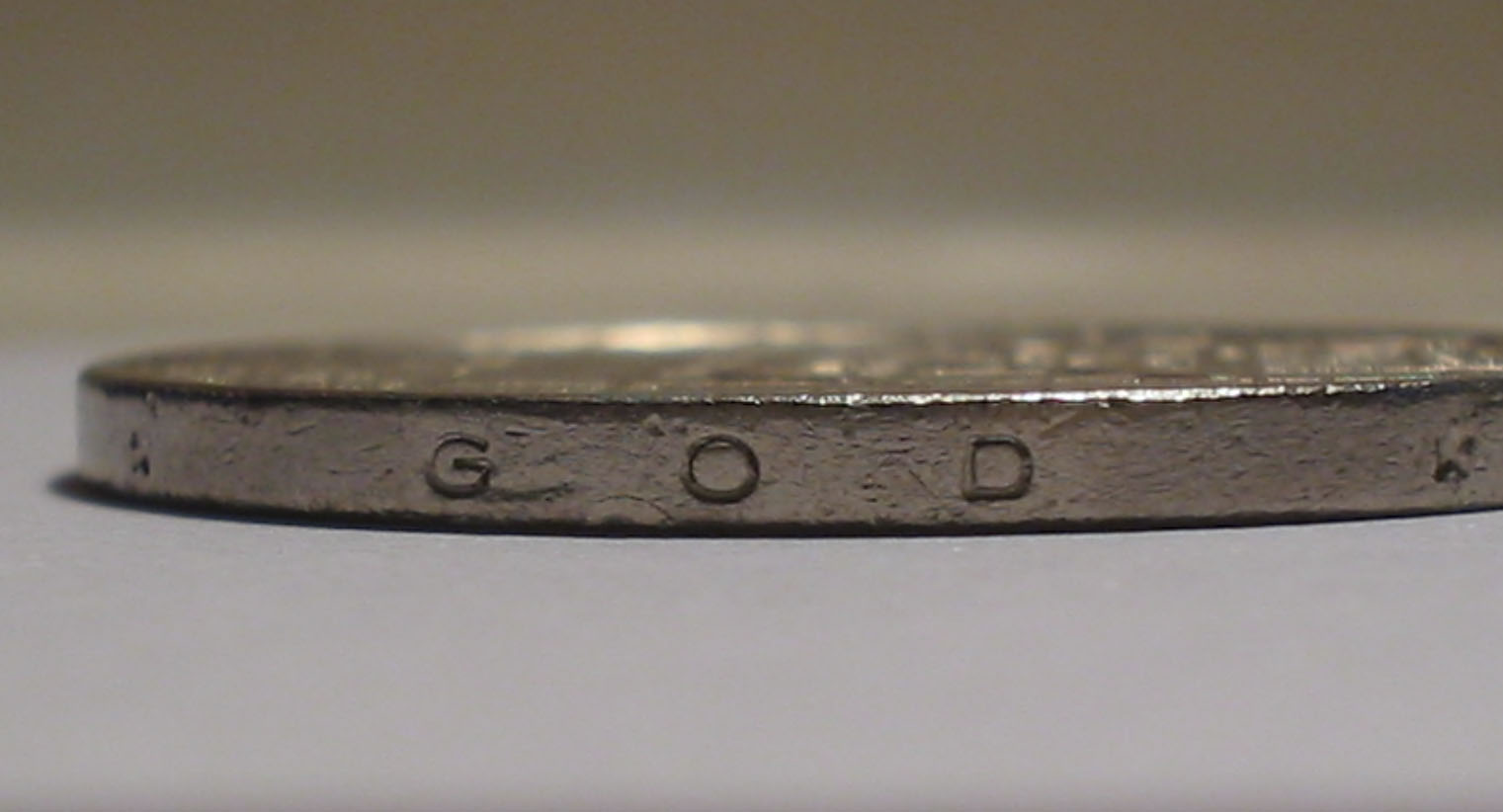|
Kunta Kinteh Island
Kunta Kinteh Island, formerly called James Island and St Andrew's Island, is an island in the Gambia River, from the river mouth and near Juffureh in the Republic of the Gambia. Fort James is located on the island. It is less than 3.2 km (2 miles) from Albreda on the river's northern bank. As an important historical site in the West African slave trade, it is listed as a UNESCO World Heritage Site, together with related sites including a ruined Portuguese chapel and a colonial warehouse in Albreda, the ''Maurel Frères Building'' in Juffureh, and Fort Bullen and Six-Gun Battery, which are located at the mouth of the Gambia River. History The first record of European interaction with the island is in May 1456, when a Portuguese expedition led by Italian explorers Alvise Cadamosto and Antoniotto Usodimare moored off the island. They buried one of their sailors, named Andrew, on the island, giving it its first European name—St Andrew's Island. Diogo Gomes also anch ... [...More Info...] [...Related Items...] OR: [Wikipedia] [Google] [Baidu] |
North Bank Division
North Bank was one of the five administrative divisions of the Gambia. Its capital was Kerewan. It was subsequently reorganised as the Kerewan Local Government Area (LGA), without any change in the area covered. Per 2013 census, the region had a population of 221,054 with a population density of 98 inh./km2. The total number of households was 18,458 as of 2003. As of 2003, the total area of the region is 2255.5 km2. The infant mortality rate was 81 for every thousand births and the under-five mortality was 109 per every thousand births. The poverty gap ratio was 33.2 per cent as of 2003. Geography The Gambia is the smallest country in Africa, with the width of the country never exceeding . It is bordered by the Atlantic Ocean on the west, while being surrounded by Senegal in all other directions. The Gambia River flows throughout the country and is the principal source of water and transport medium. The banks of the river have swampy beaches, while it has alluvial soil in all o ... [...More Info...] [...Related Items...] OR: [Wikipedia] [Google] [Baidu] |
Vassal State
A vassal state is any state that has a mutual obligation to a superior state or empire, in a status similar to that of a vassal in the feudal system in medieval Europe. Vassal states were common among the empires of the Near East, dating back to the era of the Egyptian, Hittite, and Mitanni conflict, as well as in ancient China. The relationships between vassal rulers and empires were dependent on the policies and agreements of each empire. While the payment of tribute and military service was common amongst vassal states, the degree of independence and benefits given to vassal states varied. Today, more common terms are puppet state, protectorate, client state, associated state, or satellite state. Historical examples Ancient Egypt The reign of Thutmose III (1479 BC – 1425 BC) laid the foundations for the systems that functioned during the Amarna period of Egypt. Vassal states in the Levant became fully integrated in Egypt's economy with the construction of harbours � ... [...More Info...] [...Related Items...] OR: [Wikipedia] [Google] [Baidu] |
Netherlands
, Terminology of the Low Countries, informally Holland, is a country in Northwestern Europe, with Caribbean Netherlands, overseas territories in the Caribbean. It is the largest of the four constituent countries of the Kingdom of the Netherlands. The Netherlands consists of Provinces of the Netherlands, twelve provinces; it borders Germany to the east and Belgium to the south, with a North Sea coastline to the north and west. It shares Maritime boundary, maritime borders with the United Kingdom, Germany, and Belgium. The official language is Dutch language, Dutch, with West Frisian language, West Frisian as a secondary official language in the province of Friesland. Dutch, English_language, English, and Papiamento are official in the Caribbean Netherlands, Caribbean territories. The people who are from the Netherlands is often referred to as Dutch people, Dutch Ethnicity, Ethnicity group, not to be confused by the language. ''Netherlands'' literally means "lower countries" i ... [...More Info...] [...Related Items...] OR: [Wikipedia] [Google] [Baidu] |
Kombo
Kombo or Combo was a kingdom and later a chieftaincy in Gambia during the colonial period. Kombo was part of the Mali Empire and gained independence after its fall, and was then ruled by the Sambou Bainunka clan. Mansa Karapha Yalli Jatta became the first King of Kombo, after seeking help from the then independent Kaabu Empire to establish the Kingdom of Kombo, he married the daughter of the Bainuk Queen Wullending Jasseh of Sanyang who sits at Gunjur and took her to Busumbala. Mansa Karapha Yalli Jatta was from the Jatta (Lion) clan who claim ancestry from Sundiata Keita the first Emperor of the Mali Empire The Mali Empire (Manding languages, Manding: ''Mandé''Ki-Zerbo, Joseph: ''UNESCO General History of Africa, Vol. IV, Abridged Edition: Africa from the Twelfth to the Sixteenth Century'', p. 57. University of California Press, 1997. or ''Manden .... Kombo was ruled by two families, the Jatta (Djatta) and Bojang (Bodian) clans, when one clan becomes Mansa, the oth ... [...More Info...] [...Related Items...] OR: [Wikipedia] [Google] [Baidu] |
Privateer
A privateer is a private person or vessel which engages in commerce raiding under a commission of war. Since robbery under arms was a common aspect of seaborne trade, until the early 19th century all merchant ships carried arms. A sovereign or delegated authority issued commissions, also referred to as letters of marque, during wartime. The commission empowered the holder to carry on all forms of hostility permissible at sea by the usages of war. This included attacking foreign vessels and taking them as prizes and taking crews prisoner for exchange. Captured ships were subject to condemnation and sale under prize law, with the proceeds divided by percentage between the privateer's sponsors, shipowners, captains and crew. A percentage share usually went to the issuer of the commission (i.e. the sovereign). Most colonial powers, as well as other countries, engaged in privateering. Privateering allowed sovereigns to multiply their naval forces at relatively low cost by mobilizi ... [...More Info...] [...Related Items...] OR: [Wikipedia] [Google] [Baidu] |
Dutch West India Company
The Dutch West India Company () was a Dutch chartered company that was founded in 1621 and went defunct in 1792. Among its founders were Reynier Pauw, Willem Usselincx (1567–1647), and Jessé de Forest (1576–1624). On 3 June 1621, it was granted a :wikisource:Charter of the Dutch West India Company, charter for a trade monopoly in the Dutch West Indies by the Republic of the Seven United Netherlands and given jurisdiction over Dutch participation in the Atlantic slave trade, Brazil, the Caribbean, and North America. The area where the company could operate consisted of West Africa (between the Tropic of Cancer and the Cape of Good Hope) and the Americas, which included the Pacific Ocean and ended east of the Maluku Islands, according to the Treaty of Tordesillas. The intended purpose of the charter was to eliminate competition, particularly Spanish or Portuguese, between the various trading posts established by the merchants. The company became instrumental in the largely eph ... [...More Info...] [...Related Items...] OR: [Wikipedia] [Google] [Baidu] |
Deluge (history)
The Deluge was a series of mid-17th-century military campaigns in the Polish–Lithuanian Commonwealth. In a wider sense, it applies to the period between the Khmelnytsky Uprising of 1648 and the Truce of Andrusovo in 1667, comprising the Polish theatres of the Russo-Polish and Second Northern Wars. In a stricter sense, the term refers to the Swedish invasion and occupation of the Commonwealth as a theatre of the Second Northern War (1655–1660) only; in Poland and Lithuania this period is called the Swedish Deluge (, Lithuanian: š''vedų tvanas'', ), or less commonly the Russo–Swedish Deluge () due to the simultaneous Russo-Polish War. The term "deluge" (''potop'' in Polish) was popularized by Henryk Sienkiewicz in his novel '' The Deluge'' (1886). During the wars the Commonwealth lost approximately one third of its population as well as its status as a great power due to invasions by Sweden and Russia. According to Professor Andrzej Rottermund, manager of the Roya ... [...More Info...] [...Related Items...] OR: [Wikipedia] [Google] [Baidu] |
Swedish Empire
The Swedish Empire or the Great Power era () was the period in Swedish history spanning much of the 17th and early 18th centuries during which Sweden became a European great power that exercised territorial control over much of the Baltic region. During this period it also held territories on the North Sea and some Swedish overseas colonies, overseas colonies, including New Sweden. The beginning of the period is usually taken as the reign of Gustavus Adolphus, who ascended the throne in 1611, and its end as the loss of territories in 1721 following the Great Northern War. After the death of Gustavus Adolphus in 1632, the empire was controlled for lengthy periods by part of the high Swedish nobility, nobility, such as the Oxenstierna family, acting as regents for minor monarchs. The interests of the high nobility contrasted with the uniformity policy (i.e., upholding the traditional equality in status of the Swedish estates favoured by the kings and peasantry). In territories ac ... [...More Info...] [...Related Items...] OR: [Wikipedia] [Google] [Baidu] |
Dutch Rijksdaalder
The ''rijksdaalder'' (; "Imperial dollar") was a Dutch coin first issued by the Republic of the Seven United Netherlands in the late 16th century during the Dutch Revolt which featured an armored half bust of William the Silent. It was the Dutch counterpart of the Reichsthaler of the Holy Roman Empire (weighing 29.232 grams of 0.889 fine silver) but weighed slightly less, at 29.03 g (448 grains) of 0.885 fine silver, reduced to 0.875 fine by the 17th century. Friesland, Gelderland, Holland, Kampen (Overijssel), Kampen, Overijssel, Utrecht (city), Utrecht, West Friesland (region), West Friesland, Zeeland, and Zwolle minted armored half bust rijksdaalders until the end of the 17th century. 17th century rijksdaalder was set to be equal to from 48 to 50 stuivers (the Dutch equivalent of shillings) and circulated along with Dutch guilder, silver florins (28 stuivers), daalders (30 stuivers), Lion dollar#Dutch daalder, leeuwendaalders (36 to 42 stuivers; 27.68 g, 0.743 fine), silver du ... [...More Info...] [...Related Items...] OR: [Wikipedia] [Google] [Baidu] |
Hamburg
Hamburg (, ; ), officially the Free and Hanseatic City of Hamburg,. is the List of cities in Germany by population, second-largest city in Germany after Berlin and List of cities in the European Union by population within city limits, 7th-largest in the European Union with a population of over 1.9 million. The Hamburg Metropolitan Region has a population of over 5.1 million and is the List of EU metropolitan areas by GDP, eighth-largest metropolitan region by GDP in the European Union. At the southern tip of the Jutland Peninsula, Hamburg stands on the branching River Elbe at the head of a estuary to the North Sea, on the mouth of the Alster and Bille (Elbe), Bille. Hamburg is one of Germany's three city-states alongside Berlin and Bremen (state), Bremen, and is surrounded by Schleswig-Holstein to the north and Lower Saxony to the south. The Port of Hamburg is Germany's largest and Europe's List of busiest ports in Europe, third-largest, after Port of Rotterdam, Rotterda ... [...More Info...] [...Related Items...] OR: [Wikipedia] [Google] [Baidu] |
Barra, Gambia
Barra, traditionally known as Niumi, is a city in The Gambia, located in the district of Lower Niumi. The predominant languages of the city are Serer and Wolof. Although Mandinka-speaking Africans always referred to the state along the north bank of the Gambia River's estuary as Niumi, not everyone did. For a long time it was called "Barra" in the creolized trade language of the river, and between the seventeenth and nineteenth centuries British British may refer to: Peoples, culture, and language * British people, nationals or natives of the United Kingdom, British Overseas Territories and Crown Dependencies. * British national identity, the characteristics of British people and culture ... and French records use "Barra" or "Bar" more frequently than "Niumi". See also * Niumi National Park References External links Lower Niumi Populated places in the Gambia Gambia River Serer country {{Gambia-geo-stub ... [...More Info...] [...Related Items...] OR: [Wikipedia] [Google] [Baidu] |
Jacob Kettler
Jacob Kettler (; ; 28 October 1610 – 1 January 1682) was Duke of Courland and Semigallia from 1642 to 1682. Under his rule, Courland and Semigallia became more independent of its Polish suzerain, reached its peak in wealth, and even engaged in its own overseas colonization, making it one of the smallest, but fastest growing states in the world at that time. Yet, in the end the results of his rule failed in the confrontation with much stronger powers both directly in the Baltic (Sweden) and overseas (Dutch Republic). A ruler "too rich and powerful to be a duke but too small and poor to be a king" could not, with his small ancestral territory and very limited resources, play the powerful role he sought in European politics of that time. Early life Kettler was born in Kuldīga (Goldingen). He was the son of Wilhelm Kettler and Duchess Sophie of Prussia, a daughter of Albert Frederick, Duke of Prussia, and was a godson of King James I of England. While his father was ex ... [...More Info...] [...Related Items...] OR: [Wikipedia] [Google] [Baidu] |







